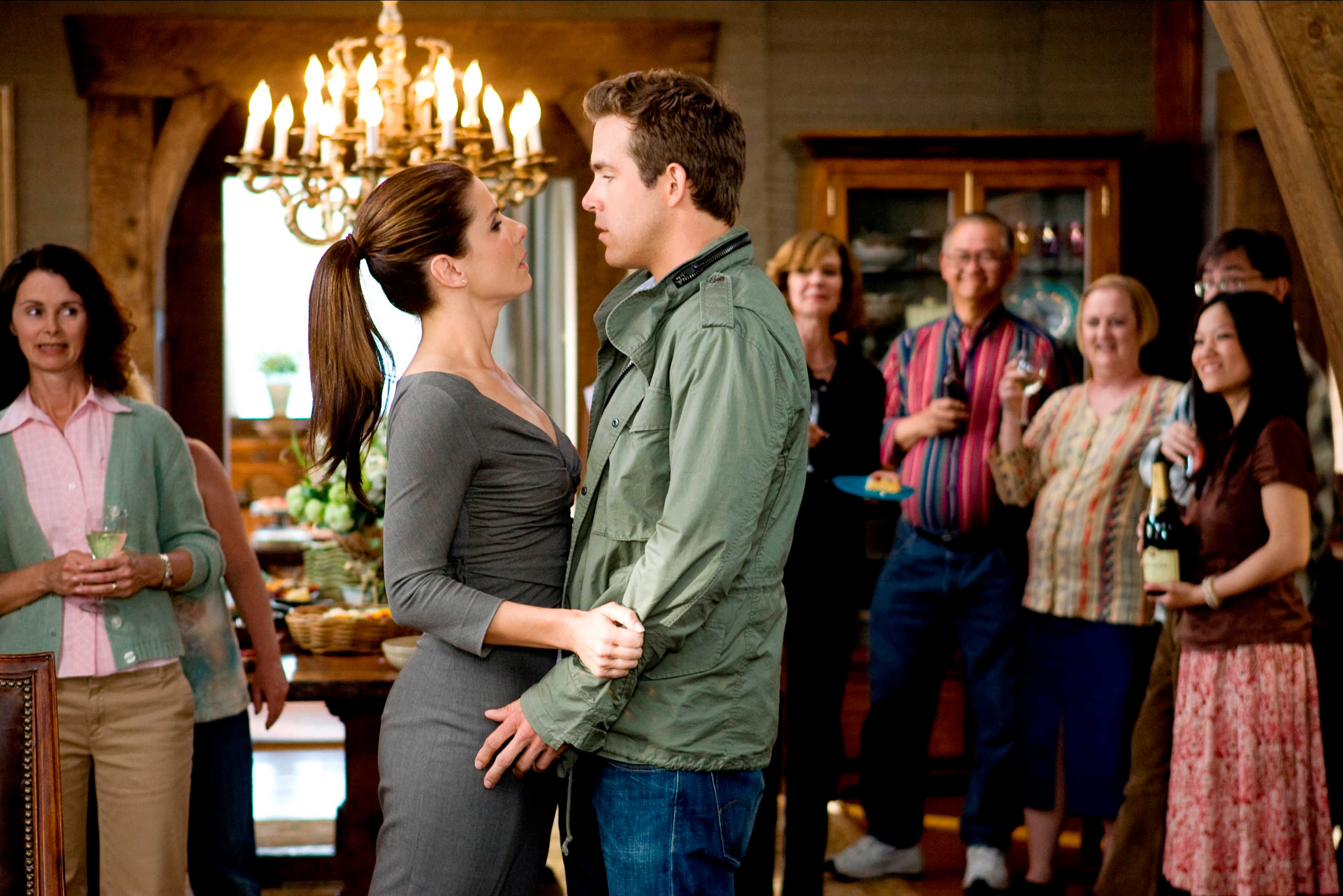 |
| The Bounty Hunter |
New York Times columnist Maureen Dowd used her column today to address an issue that is not exactly ground breaking, but one that seems to pop up every few years or so. When are we going to get a good romantic comedy. The article is a discussion between her and the young writer Sam Wasson, who’s book Fifth Avenue, 5 A.M. follows the making of Breakfast at Tiffany’s.
Dowd asks Wasson, “Where are new Sturgeses and Lubitsches?” and Wasson replies with some modest remarks for Jason Reitman but ultimately a fallen hope for anything close to a great romantic comedy in the future. The two drop movie titles like hot cakes: He’s Just Not That Into You, The Bounty Hunter, Knight & Day, all terrible movies (or at least I’ve been told about the formers, while my review of Knight & Day was not in any way pretty) that try and be smart and funny romantic comedies. Dowd and Wasson point to one important factor that is a key reason why this matters: Any man can sit down in front of Bringing Up Baby or even Annie Hall and enjoy it. Sit me down in front of The Proposal? I’ll be out of my seat in ten minutes or less.
Although the article is not as informative as it is an interested read, Wasson makes one point that I think really defines the downfall of the romantic comedy: “Back in the days of one-foot-on-the-floor, wit was the best (and only) way to talk about sex.” Sex, as anyone with a brain knows, sells, and sells damn well. In the era of the Production Code, you couldn’t show sex, so you just included everything but. In Stanley Cavell’s famous book Pursuits of Happiness: The Hollywood Comedy of Remarraige, the famed scholar basically argues that famed screwball comedies are often about characters returning to their married states, thus guaranteeing your ending will be one thing and one thing only: sex. Sure you can’t show it, but your audience will walk away satisfied.
 |
| The Proposal |
So when the MPAA took over and Bonnie & Clyde gave us our sex up front, a new formula is born. This formula can be broken down into four stages: The courting, the coitus, the fallout, and the return to coitus. The move changes everything—now our sex appears in the middle of the film, which means our stars need to show more skin at some point, which means the notions of beauty change.
Here’s one thing I have never understood: the spectacle of the body. When I watch a film, I rarely notice the beauty of the star beyond the fact that she is beautiful. Sometimes it is gratuitous (Megan Fox in both Transformers films), but beauty for me doesn’t signal a break in the film or a distraction (One exception gets me every time, and that is Christina Hendricks on Matthew Weiner’s Mad Men, who uses Joan’s sexuality is very careful ways).
The idea thus for studios, is this: people want to see these two hot bodies come together. The situations are irrelevant. The sex is the important point. Thus, today’s standard romantic comedy. The reason there is no one focusing on dialogue the same way Frank Capra and Preston Sturges did is there is an idea there is no need to. The Proposal made huge money last summer at the box office, and Valentine’s Day did extremely well last February. When there is a flop, its not the film, it’s the star.
Woody Allen used to be a savior, simply because his film’s have never depended on the sexual appeal of the star to sell them, though he has often cast very beautiful people and then put them in ugly situations. When Harry Met Sally does a similar thing, and its writer Nora Ephron, has come closest to giving something slightly fresh, such as the romance people Meryl Streep and Stanley Tucci in Julie & Julia. Lisa Cholodenko’s The Kids Are All Right is a gold mine compared to other films, but that itself is independent flare.
However, when we consider the majority of romance films, its not a pretty site. Wasson writes, “The question is, will there be a backlash? A renaissance? I don’t think people realize how dire the situation is. I mean culturally, emotionally, the whole idea of romance is gone, gone, gone.” The majority of the problem is not the studios, its because we are not asking for smart comedy. We would rather watch Ryan Reynolds and Sandra Bullock go through the motions.
Studios thought it was a revelation when Inception did well at the box office. Do people really want smart (at least at a surface level) entertainment? But Christopher Nolan’s film is just a blip on the radar. Next summer will be Thor, Pirates 4, The Smurfs in 3D, and order will be restored. To say that the romantic comedy, if it next few iterations perform poorly, could go through a renaissance is only wishful thinking. Thankfully, Netflix Instant Watch is not going anywhere.
No comments:
Post a Comment